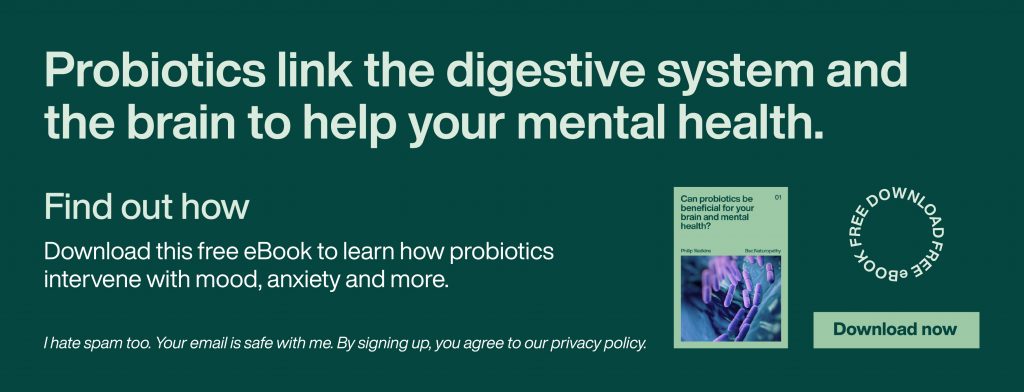Appetite control, or suppression as some refer to it, is a complex symbiosis of hormonal, environmental, behavioural and bacterial influences.
Suppressing your appetite can be like going to the beach, kneeling at the ocean’s edge and trying to stop the waves from coming in.
In this Free and Inspired radio episode, you can discover what we know about the dynamics of hunger and the desire to eat.
You can also learn how you might be able to influence them over time, especially via the gut and brain connection.
Explore how hormones in the digestive system are central players in your hunger and fullness experiences.
For example, find out about the hormones made in the gut and how they differ from the sex hormones like oestrogen and progesterone.
A little-known fact is that the digestive system is the body’s largest hormone-producing organ.
And it is largely down to protein.
Hormones associated with hunger rely on your protein intake. Because of this, it’s possible to utilise your diet to increase certain hormones that help you with appetite control.
Increasing different macronutrients in the diet, along with protein, can regulate how hungry you get.
Find out about other parts of the diet that can help. For instance, the role of fibre in managing hormones that regulate your hunger, such as ghrelin and gastrin.
Cholecystokinin (CCK) is also involved in the hormonal regulation of the gut but is also closely connected to the brain.
If ghrelin is the hormone that initiates the hunger that makes you eat, then CCK is the quarterback that directs the digestion once you’ve eaten.
We see high levels of CCK in the emotional part of the brain.
Whilst studies are in their early stages, initial reports suggest that CCK can make people with anxiety and panic symptoms more sensitive.
Learn about this important bridge between the gut and brain and how to use diet to manage it.
All this and more in this episode of Free and Inspired radio.
Watch Video Now
Listen to this episode on Free and Inspired Radio
Listen to Free and Inspired Radio on your favourite platform

